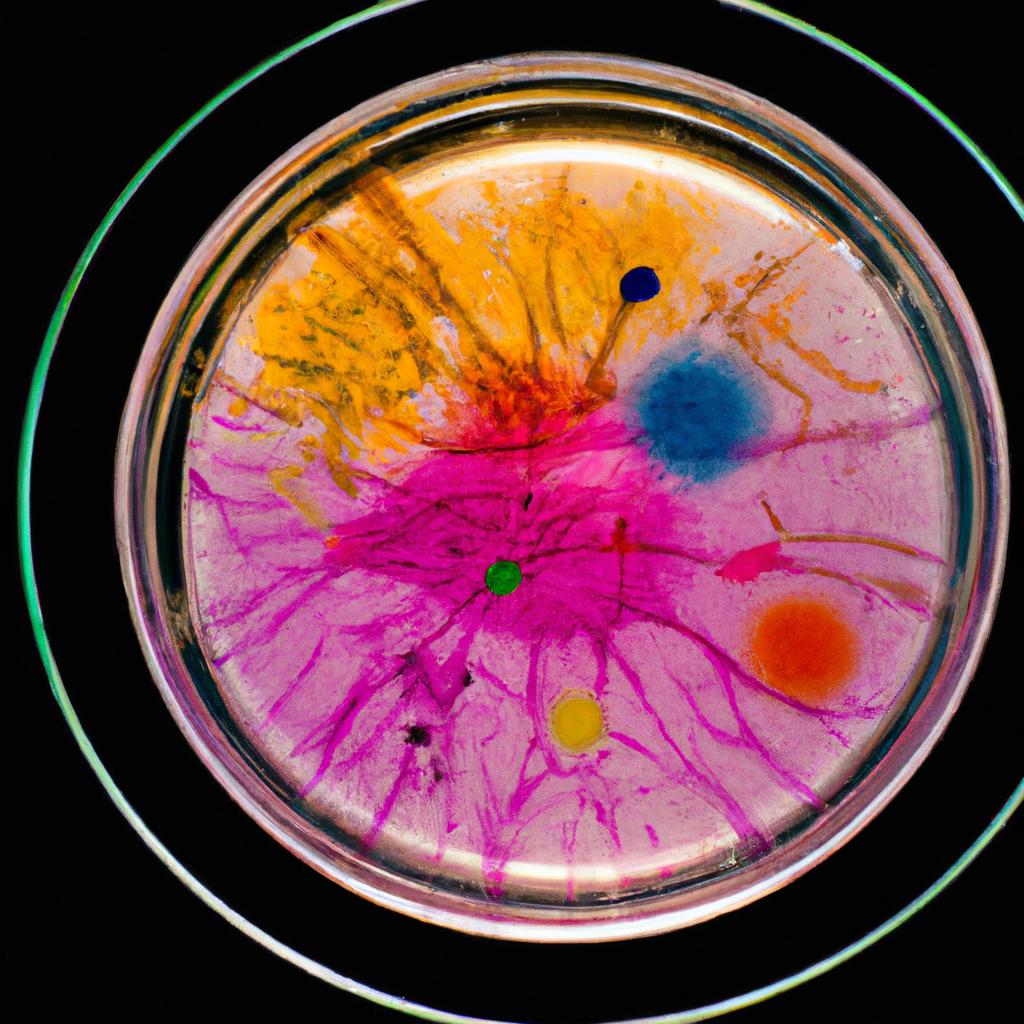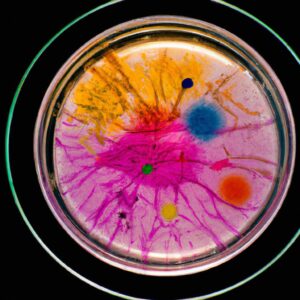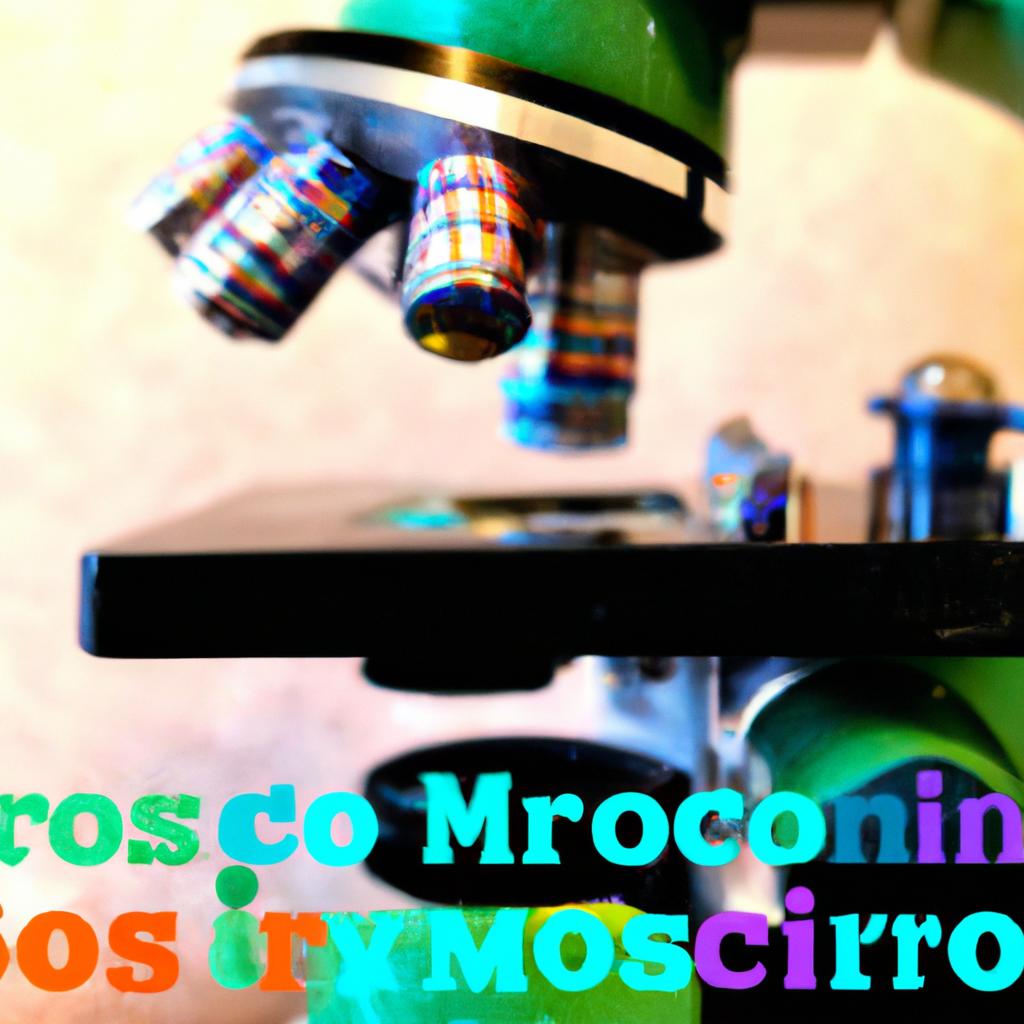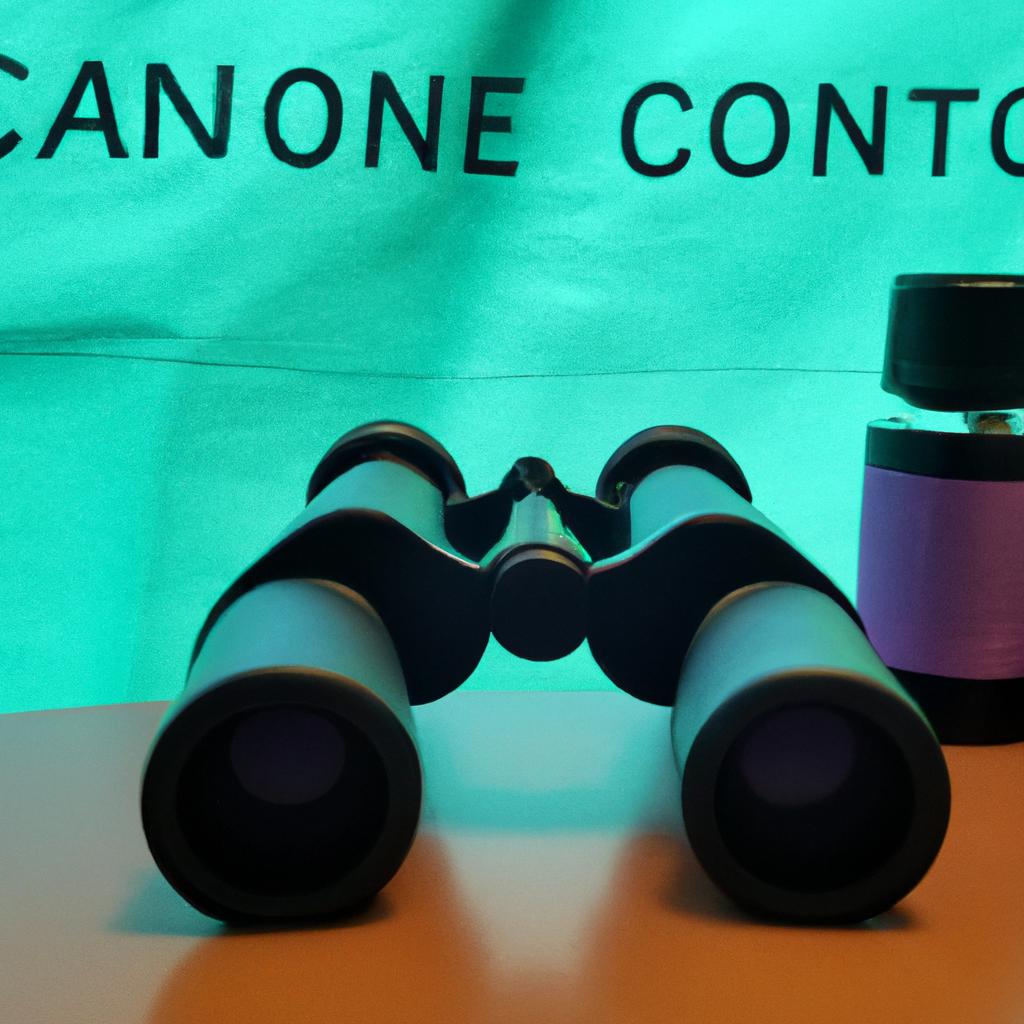Introduction to the Different Types of Biotech Startups
Biotech startups are companies founded to create innovative solutions for the medical world. Utilizing cutting-edge technology, these startups use biotechnology, synthetic biology, regenerative medicine, and agri-biotech to make an impact in the medical field.
Biotechnology is a form of technology that uses living systems and organisms to develop or make products to improve health and wellbeing. It focuses on areas like molecular biology, genetics, and bioinformatics.
Synthetic biology is the combination of computer science, engineering principles, and molecular biology which provides new opportunities to re-engineer biological systems to make advancements in existing industries and produce new products.
Regenerative medicine is a way of replacing or regenerating human cells, tissues, or organs to restore normal function. It works to replace or regenerate damaged or aged tissues and organs in order to restore natural functions.
Agri-biotech focuses on the development of agricultural applications of biotechnology, such as disease resistant crops and plants that tolerate drought conditions without relying on chemicals or fertilizers.
These biotech startups focus on advancing research, developing new tools, and fostering collaborations to improve the medical field. This guide delves into each of these disciplines, how they contribute to medicine, and explores some of the most successful startups in the industry. We also discuss potential barriers for these startups and look at the outlook of the field.
Exploring the Different Areas Disciplines in Biotech Startups
Biotech startups are companies focused on developing and commercializing products or services related to biotechnology. There are a variety of disciplines within the biotechnology field, all of which can be found in biotech startups. These areas of focus include biotechnology, synthetic biology, regenerative medicine, and agri-biotech. Let’s explore each of these to learn more about the ways biotech startups make a difference.
Biotechnology
Biotechnology is a broad field that uses living organisms or their components, such as enzymes or DNAs, to develop and produce useful products or services. It includes areas such as medicine, agriculture, and industry. Biotech startups often use biotechnology to develop new treatments for diseases and conditions, develop innovative diagnostics, or produce new agricultural products.
Synthetic Biology
Synthetic biology is a rapidly emerging field within biotechnology, involving the design and construction of new biological devices or systems. It integrates advanced engineering approaches with aspects of biotechnology to create solutions to challenging problems in healthcare, agriculture, manufacturing, and environmental protection. Synthetic biology startups are working on things like creating new fuel sources from renewable materials, developing low-cost diagnostics for diseases, and even producing designer organisms for specific tasks.
Regenerative Medicine
Regenerative medicine is an emerging field that focuses on using living cells, tissues, and molecules to restore or improve function to an injured or diseased area. This field has incredible potential to change the way we treat many diseases and conditions. Regenerative medicine startups are working on things like developing stem cell therapies to treat diseases, growing organs in the lab for transplantation, and using gene therapy to treat genetic disorders.
Agri-Biotech
Agri-biotechnology is the application of biotechnology to agricultural crops and livestock. This field has the potential to dramatically improve crop yields, reduce the need for chemical fertilizers, and create new varieties of crops with tailored traits. Agri-biotech startups are developing new varieties of plants and crops that are resilient to drought, disease, and pests, as well as producing proteins with high nutritional value from plant material.
Biotechnology
Biotechnology explores the ways living organisms can be used and modified to benefit humanity. It is an area of science that was initially developed in agriculture to create improved crop yields, and then it widened to encompass medicines and treatments for diseases, as well as other organisms such as animals, microbes, and plants.
Research and development in biotechnology is very complex and specialized, and it often involves using genetic engineering to manipulate genetic material in order to create improved products. These products can range from agricultural crops that are more resistant to disease or insects, to medicines that are specifically tailored to treat certain illnesses.
Biotech companies come in all shapes and sizes, from small research startups to large multinationals. There are many different types of products and services that a biotech company may offer, including research and development of new drugs and therapies, production of pharmaceuticals and medical devices, and providing consulting services.
Synthetic Biology
Synthetic biology is a field of biotechnology that focuses on designing and engineering living organisms. It is an interdisciplinary approach combining principles from both biology and engineering to build and modify living cells and organisms to achieve specific goals. Synthetic biologists aim to make bacteria and other organisms more efficient and useful by altering their genetic make-up.
One area of research currently being explored in the field of synthetic biology is genetic engineering. This involves the manipulation of a living organism’s genetic material to add or change a certain trait. This could be used to make an organism produce a useful protein, such as an antibody or vaccine, or even to make a living organism glow!
Synthetic biology has already been used to create drought-resistant crop strains, produce renewable fuels, and make medical treatments more effective. The potential applications of this technology are endless, making it an exciting and rapidly growing field.
Regenerative Medicine
The advances in medical science have enabled us to move toward a whole new arena of treatment – regenerative medicine. This type of medicine focuses on the regeneration and restoration of tissues, organs and cells through the use of stem cells, tissue engineering and gene therapy. Regenerative medicine can be used to restore lost functions from diseases, birth defects or trauma and is seen as one of the most cutting-edge treatments to date.
Regenerative medicine boasts numerous benefits such as replacing lost or damaged organs, as well as providing better cures for chronic and degenerative illnesses. In addition, this type of medicine allows physicians to use a patient’s own cells to regenerate a particular area of the body. It also has the potential to reduce the need for other treatments, such as surgery or chemotherapy.
However, regenerative medicine also has its challenges. For example, it is an expensive and complex form of medicine and requires a great deal of regulatory approval before it can be made available to the public. In addition, the techniques used are still relatively new and untested, meaning that there is some risk involved in using them. As such, it is important to ensure that all necessary safety precautions are taken when using regenerative medicine.
Despite these challenges, regenerative medicine has made impressive progress in recent years and is set to revolutionize the medical world. Biotech startups are playing a large role in this progress, developing technologies that can be used to improve the efficacy and safety of regenerative medicine.
Agri-Biotech
Agri-biotech is a branch of biotechnology that focuses on the application of cutting-edge technology to improve crop yields and food production, as well as to reduce reliance on chemical fertilizers and pesticides. This includes the genetic engineering of plants and animals as well as the use of biotechnological techniques to develop better agricultural products. Additionally, it encompasses the development of bio-based materials and sustainable alternative sources of energy.
Agri-biotech has great potential to address the challenges of global food security and climate change. For example, genetically modified crops can have altered nutrients, improved resistance to pests and diseases, and improved tolerance to extreme weather conditions. Moreover, agri-biotech helps to reduce environmental impacts caused by traditional agriculture processes. These advances provide opportunities to improve agricultural productivity in developing countries, where food insecurity is a major issue.
How Biotech Startups Contribute to Medicine
Biotech startups are a rapidly growing area of the tech sector and they are having a significant impact on the medical field. Their contributions range from advancing research to developing new tools and fostering collaborations between medical professionals.
Advancing Research
Biotech startups are making great strides in advancing medical research by focusing on finding solutions to some of today’s most pressing medical problems. By utilizing cutting-edge technology like artificial intelligence and machine learning, these startups are able to make discoveries that would have otherwise taken years or even decades to uncover. This has allowed researchers to quickly hone in on potential treatments and cures for diseases and illnesses much faster than ever before.
Developing New Tools
Biotech startups are also working to develop new tools that can help medical professionals diagnose and treat patients more effectively. By utilizing technology such as smart sensors and artificial organs, these startups are able to create highly accurate diagnostic tools that can quickly and accurately identify health issues. Additionally, these startups are also working to develop advanced prosthetics and bio-implants that can be used to replace damaged or missing body parts.
Fostering Collaborations
Biotech startups are also playing an important role in fostering collaborations between medical professionals and other organizations. By forming networks and partnerships, these startups are able to bring together different experts to work together towards common medical goals. This allows for a greater degree of sharing of information and knowledge, which can lead to advances in the medical field.
Advancing Research
Biotech startups make a big contribution to medicine by advancing research in many different medical fields. These startups are often at the forefront of research, working on innovative solutions to complex medical problems. By working with universities and other research institutions, biotech startups create new products, treatments, and practices that could potentially change the world for the better.
Biotech startups fund their research projects with investments from venture capitalists, government grants, and other sources. These startups employ scientists and engineers who design and develop groundbreaking technologies that can solve a range of medical issues. These technologies can help to reduce the cost of medical treatments, improve patient outcomes, and even lead to cures for diseases.
Technologies developed by biotech startups have the potential to revolutionize healthcare. By advancing research in medicine, biotech startups open up new possibilities for the treatment and prevention of diseases. It is important for these startups to keep up with the latest developments in science and technology in order to remain competitive in the fast-paced medical field.
Exploring the Different Areas Disciplines in Biotech Startups
Biotech start-ups are increasingly transforming the medical industry and making huge strides in healthcare. These companies use cutting edge technology to develop new products and tools that have the potential to revolutionize medical treatments. Here we explore a few of the most essential biotech disciplines used by these startups.
Biotechnology
Biotechnology companies use living organisms, such as bacteria or yeast, as well as animal and plant cells, to produce items related to healthcare. Examples of biotechnology products include medications, vaccines, and diagnostic tools. By harnessing the power of living organisms, biotechnology can produce innovative treatments and cures for a variety of conditions.
Synthetic Biology
Synthetic biology is a relatively new field that combines biology and engineering in order to design and construct new biological systems from scratch. Companies in this field are using this technology to develop advanced treatments for diseases like cancer, Alzheimer’s, and diabetes. They are also working on solutions to environmental problems such as water pollution.
Regenerative Medicine
Regenerative medicine is a branch of biotechnology that focuses on using stem cells to regenerate or replace damaged tissue and organs. In some cases, it may even be possible to regrow entire organs, such as the heart or liver. This technology has the potential to transform medical treatments and help cure many of the world’s most debilitating medical conditions.
Agri-Biotech
Agri-biotech involves using biotechnology to improve agricultural practices and produce more efficient and sustainable crop yields. These advances enable farmers to increase their yields while reducing their costs and environmental footprint. Moreover, agri-biotech can also be used to develop crops with enhanced nutrition, improved tolerance to pests, and even resistance to herbicides.
Fostering Collaborations
Biotech startups play an important role in fostering collaborations between people, companies and organizations. Through collaborations, the parties involved can learn from each other and develop new solutions to existing problems. This type of knowledge exchange can lead to groundbreaking discoveries in the medical field.
In recent years, there have been several successful collaborations between biotech startups and research institutions. For example, in 2019, a startup working on gene therapy partnered with a university to conduct clinical trials and advance their understanding of the gene-editing technology. In this case, both the university and the startup benefited from the collaboration, as they were able to use each other’s expertise to make advancements in their respective fields.
Collaborations are also beneficial for biotech startups, as they often rely on the expertise of experts in different disciplines. For instance, a biotech startup may need to partner with an engineering firm to develop a device for their medical products or collaborate with a clinical laboratory to test their treatments. By partnering with industry leaders, biotech startups can access the resources and knowledge they need to succeed.
Biotech startups are also able to foster collaborations between themselves. By joining forces, companies can combine their strengths and create innovative solutions that would otherwise be too costly for them to develop alone. For example, two biotech startups may combine their research into a new drug, or one company may provide the technology while another focuses on clinical testing.
Overall, collaborations are key to the success of biotech startups. By collaborating with others, these companies can access the resources and knowledge needed to make meaningful contributions to the medical field.
Exploring the Most Successful Biotech Startups
Biotech startups are becoming increasingly popular around the world. These companies are the driving forces behind advances in medicine, and many of them have achieved great success.
One of the most successful biotech startups is Moderna Therapeutics. Founded in 2011, Moderna Therapeutics specializes in developing mRNA-based drugs. Their first drug, a personalized cancer vaccine, was approved by the FDA in 2018. Since then, the company has gone on to develop novel treatments for a wide range of conditions including infectious diseases, autoimmune disorders, and cancer.
Another successful biotech startup is Gilead Sciences. Founded in 1987, Gilead Sciences is focused on antiviral therapies. One of their most acclaimed drugs is Remdesivir, which has been approved by the U.S. FDA as a treatment for Covid-19. The company also has treatments for HIV, Hepatitis C, and other infectious diseases.
A third example of a successful biotech startup is Genentech. Founded in 1976, Genentech is one of the pioneers of biotechnology. The company has developed groundbreaking treatments for cancer, autoimmune diseases, and metabolic diseases. Their revolutionary cancer drugs, such as Herceptin and Avastin, have revolutionized the treatment of the disease.
These are just a few examples of successful biotech startups that have made significant contributions to the medical field. There are many others that have achieved success, and these companies have helped to advance research and make treatments available to those who need them.
Potential Barriers for Biotech Startups in the Medical Field
When considering entering into the world of medical biotechnology, it’s important to be aware of the potential barriers that one may face. This can include a number of challenges, from gaining investment financing to navigating regulations and drug development timelines.
Investment financing is often a major barrier for biotech startups. Research and development of medical technologies requires large sums of money before any profits can be made. Because of this, biotech companies often struggle to find investors who will finance their projects.
Navigating governments’ regulations can also be a challenge for biotechnological startups. In order for a drug or device to be approved, it must go through a long regulatory process. Often, these processes are extensive and can be subject to changing regulations. Additionally, the timeline to get a drug or device approved by government regulations can be lengthy, eating up both valuable time and finances.
Finally, drug development timelines can pose a major barrier for biotech startups. To gain approvals to sell drugs or medical devices, they must first show that they meet safety standards and provide a measurable benefit to patients. This process can take anywhere from 8-12 years, making it a large undertaking for most startups.
For biotechnology entrepreneurs looking to make an impact in the medical field, these are some of the factors that should be taken into consideration when strategizing. With awareness of potential barriers, startups can more effectively plan and prepare for success.
Outlook and Conclusion
Biotech startups are playing an increasingly important role in advancing medical and biotechnological research. Through the development of new tools, fostering collaborations, and furthering understanding of various biomedical disciplines, these startups have become a critical part of the healthcare landscape. While there are some potential barriers to success, such as limited access to funding and complex regulatory structures, we remain optimistic about the future of these startups. With their innovative approach and dedication to making a positive impact on healthcare, biotechnology startups have the potential to revolutionize medicine and lead to improved treatments and therapies.
Looking towards the future, we can see that biotechnology startups have the potential to make a substantial and lasting impact on the field of medicine. As research continues to advance and technology continues to evolve, biotechnology startups will have an ever-growing role to play in the development of new treatments and therapies. With this guide, we hope to better understand the different types of biotech startups and their contributions to medicine.
comments: 0











